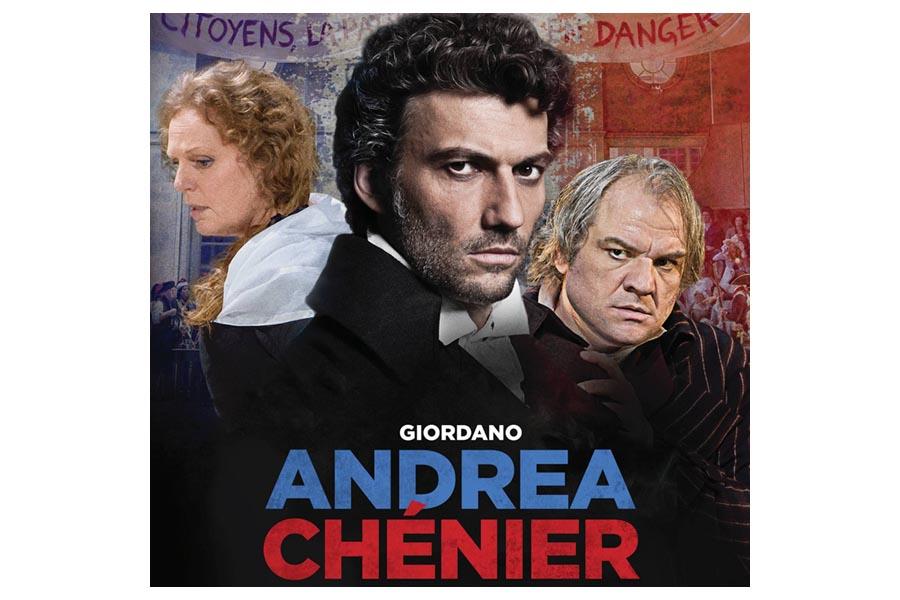Umberto Giordano’s main claim to fame is his 1896 verismo opera “Andrea Chénier.” The work is loosely based on the life of the French poet André Chénier (1762–1794), who was executed during the French Revolution.
The libretto was written by Luigi Illica (who also penned the script for “Tosca”) and the fabricated romantic triangle bears a resemblance to the one in the Puccini opera.
Jonas Kaufmann looks the part of the romantic hero and he acts with conviction.






